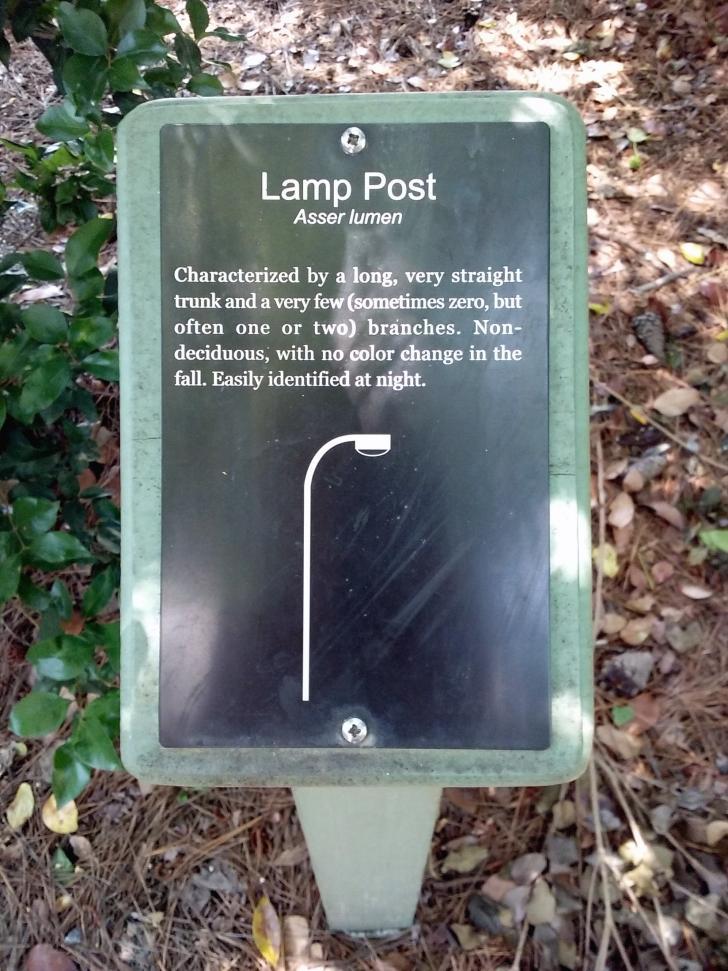Disaster in a marshmallow orchard. Marshmallow Farming
Was reading Anton Callaway’s orchard notes at chathamapples.com, while trying to ID my early-ripening ‘June’ pear. Was tickled at his take on the ‘June Sugar’ pear… he should tell us how he really feels about it:
June Sugar
Breeder(s): Someone who should know better than to have released such a thing.
History: Heritage pear whose claim to fame was that it 1) survived in the South and 2) produced pears very early in the season. The “Sugar” part of its name has been alternatively said to be as sweet as sugar (by someone who was drunk) or that its flesh was as dry as sugar.
Rootstocks used: P. calleryana & Provence quince.
Orchards grown in: Coal Mountain, Georgia.
Notes:
Fruit quality: Flavor is dry, astringent and basically inedible. Texture is hard, but not crisp. Maybe people who planted this were starving, but they would have been better off cutting off a big limb, killing a rat with it and eating that. The worst pear I’ve ever grown.
Fruit size: Medium. *** g/fruit
Fruit appearance: Pyriform, green. Unattractive, but not as unattractive as it tastes- that would truly be butt-ugly.
Culinary characteristics: Maybe you can cook with it. I didn’t try. Maybe you can boil a softball, add lots of sugar and make something of that, too. I suggest trying the softball broth first.
Storage characteristics: I don’t know and I don’t care.
Harvest season: Early in Coal Mountain, Georgia.
Bloom season: late; almost a month after Spalding.
Pollination: Unknown.
Diseases: Susceptible to fireblight, but not enough to kill this miserable tree. Very susceptible to pear leafspot as well. On calleryana, 60%, 90%, 20%, 30%, 70% leaf retention in 1982, '83, '84, '85, & '87, respectively. On Provence quince, it retained 90%, 20%, 70%, 30% of its leaves in 1983, '84, '85 & '87 respectively.
Precocity: Slow to come into bearing, but not slow enough; first fruit set in 7th year on calleryana rootstock. Provence quince did not significantly accelerate production.
Productivity: Moderate (frankly it’s too productive considering how horrible the fruit are- barrenness would be a blessing.
Growth habit: Vigorous and upright; crotch angles narrow; to add to this miserable cultivar’s bad characteristics, it has an unruly growth habit; Dead rootstock recommended so that you are never subjected to these awful pears.
Bottom line: At this point, do I really have to say? Not recommended in the Southeast or anywhere else this side of Hell.
References other than my own experience: May or may not be the same as ‘Early Green Sugar’.
Do those Marshmallows fire to sprout the offspring?
Personal experience do not look up when shaking a pawpaw tree almost broke my nose eyes watered
Do not tell people you have black eye from a pawpaw or shaking a pawpaw tree
They think your talking about a sugar daddy or something!

